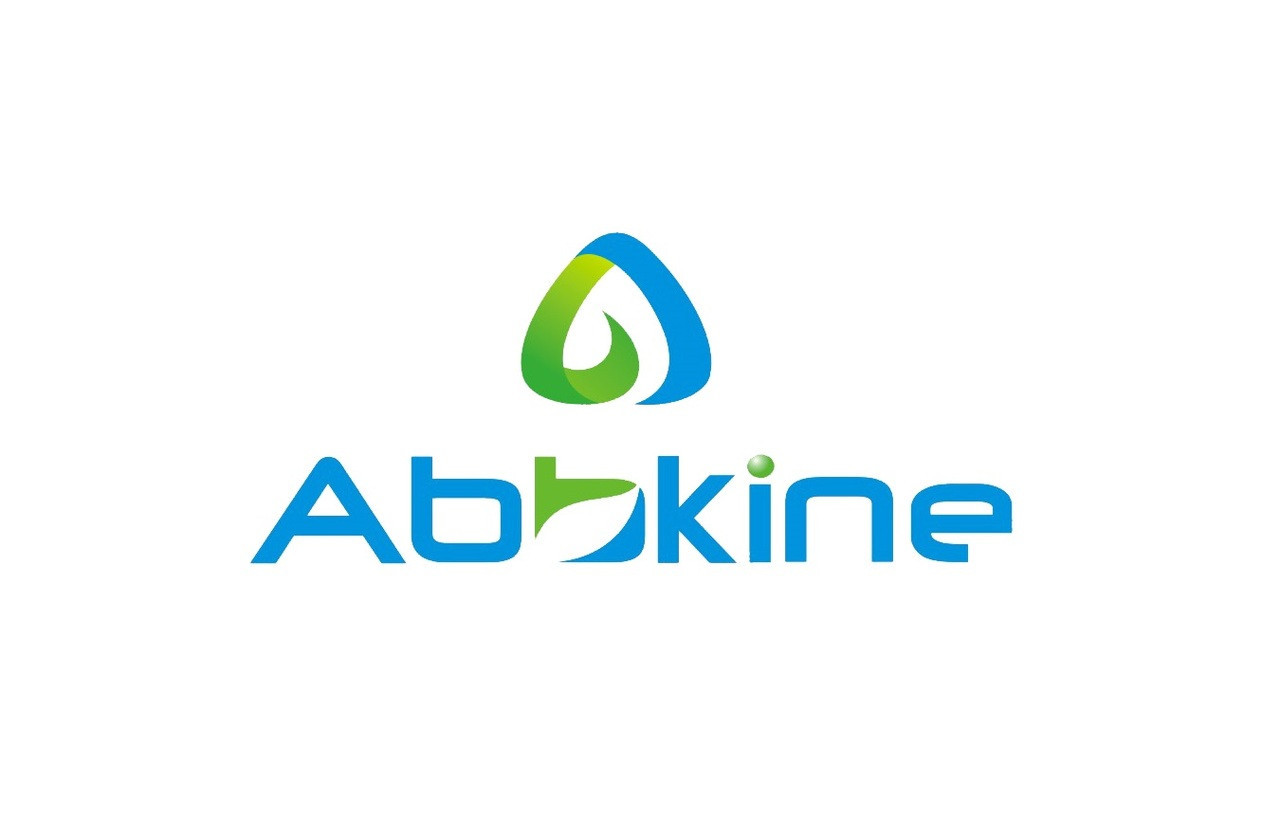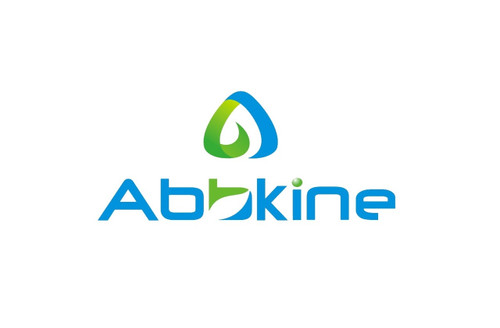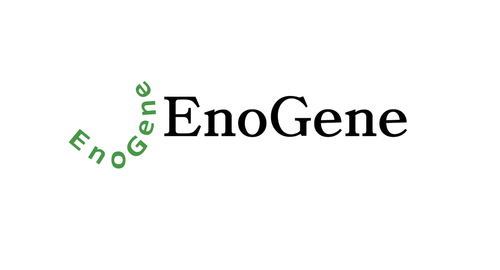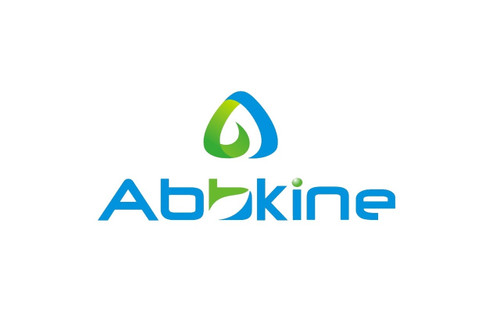Product Description
Human Latent TGF-β1 protein, His Tag | PRP100188 | Abbkine
Product Category: Cytology
Application: Cytokines
Product Type: Cytokines
Sequence: Amino acid sequence derived from full length of human TGF-β1 (NP_000651.3) (Met 1-Ser 390) was fused with a C-terminal polyhistidine tag.
Activity: Measured by its ability to bind biotinylated Human ALK1-Fc in functional Elisa.
protein Lenght: The recombinant human latent TGF-β1 consists of 370 amino acids and has a calculated molecular mass of 42.4 kDa. In SDS-PAGE under reducing conditions, the apparent molecular mass of rh TG-β1 is approximately 16, 38 and 55 kDa corresponding to mature TGF-β1, LAP protein and inacitve latent TGF-β1 respectively due to glycosylation. In non-reduced SDS-PAGE, it migrates as an approximately 110 kDa protein consisting of a TGF-β1 homodimer non-covalently linked to a LAP homodimer.
Preparation: HEK293 Cells
Purity: > 95 % as determined by SDS-PAGE
Formulation: Lyophilized from sterile PBS, pH 7.4
Kit Component: N/A
Features & Benefits : N/A
Molecular Weight: 42.4 kDa
Usage Note: Always centrifuge tubes before opening. It is recommended to reconstitute the lyophilized Human Latent TGF-beta 1 protein, His Tag in sterile ddH2O not less than 100µg/ml, which can then be further diluted to other aqueous solutions.
Storage Conditions: Lyophilized Human Latent TGF-β1 protein, His Tagshould be stored desiccated below -20°C. Upon reconstitution, the protein should be stored at 4°C between 2-7 days and for future use below -20°C. For long term storage it is recommended to add a carrier protein (0.56% HSA or BSA) . Please prevent freeze-thaw cycles.
Shipping: The product is shipped at ambient temperature.
Background: TGF-β1 is a member of the transforming growth factor β (TGF-β) family. The transforming growth factor-β family of polypeptides are involved in the regulation of cellular processes, including cell division, differentiation, motility, adhesion and death. TGF-β1 positively and negatively regulates many other growth factors. It inhibits the secretion and activity of many other cytokines including interferon-γ, tumor necrosis factor-α and various interleukins. It can also decrease the expression levels of cytokine receptors. Meanwhile, TGF-β1 also increases the expression of certain cytokines in T cells and promotes their proliferation, particularly if the cells are immature. TGF-β1 also inhibits proliferation and stimulates apoptosis of B cells, and plays a role in controlling the expression of antibody, transferrin and MHC class II proteins on immature and mature B cells. As for myeloid cells, TGF-β1can inhibit their proliferation and prevent their production of reactive oxygen and nitrogen intermediates. However, as with other cell types, TGF-β1 also has the opposite effect on cells of myeloid origin. TGF-β1 is a multifunctional protein that controls proliferation, differentiation and other functions in many cell types. It plays an important role in bone remodeling as it is a potent stimulator of osteoblastic bone formation, causing chemotaxis, proliferation and differentiation in committed osteoblasts. Once cells lose their sensitivity to TGF-β1-mediated growth inhibition, autocrine TGF-β signaling can promote tumorigenesis. Elevated levels of TGF-β1 are often observed in advanced carcinomas, and have been correlated with increased tumor invasiveness and disease progression.
Alternative Names: CED; DPD1; LAP; TGF-beta 1; TGFB; TGFbeta; Transforming growth factor beta-1; TGFB1
Search Names: CED; DPD1; LAP; TGF-beta 1; TGFB; TGFbeta; Transforming growth factor beta-1; TGFB1
Tag: TGF-β1
 Euro
Euro
 USD
USD
 British Pound
British Pound
 NULL
NULL








